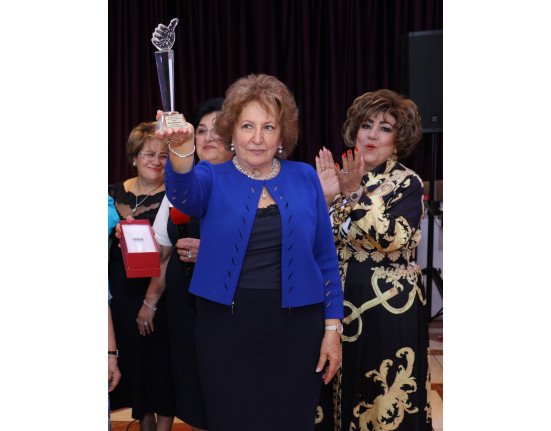In
order to be eligible for Medicaid, seniors (age 65 and over), and those who are
blind or disabled, must meet certain income and resource guidelines. The
Office of Health Insurance Programs recently issued an update on Medicaid
eligibility criteria pertaining to income and resource levels for 2025.
Medicaid permits a monthly income allowance of $1,800 per individual or
$2,4331 for a
married couple. The permitted resource level for a single person in this
category is $32,396 and $43,781 for a married couple[1]. Aside
from the permitted income and resource allowance, seniors or those who are
blind or disabled are entitled to a home if the equity does not exceed
$1,071,000. However, with proper planning those over these income
and asset thresholds can still continue to qualify for Medicaid.
The
techniques for planning to become eligible for Medicaid and preserve your
assets remain unchanged. In order to preserve resources for your family
instead of spending them on medical expenses until you qualify for Medicaid,
the use of Medicaid Trusts and asset transfers continue to be pervasive.
It is likewise common practice for Medicaid recipients and those anticipating a
future need for Medicaid to preserve their homes from Medicaid recovery by
deeding their homes to a trust, or in some instances to an individual.
Similarly,
preserving excess income for your own expenses instead of “spending-down” to
Medicaid through the implementation of “Pooled Trusts” continues to help many
seniors and those who are disabled protect their livelihoods.
How
does a Medicaid approved “Pooled Trust” work in regards to the applicant’s
monthly surplus or excess income? Each month the Medicaid
applicant/recipient would transfer their excess or surplus monthly income to a
Medicaid approved Pooled Trust.
An example
of an applicant’s excess income is as follows:
Suppose
the applicant’s income is $2,000 per month from social security and another
$800 from a pension. The total of both pension and social security is $2,800
per month. Deducting the $1,800 Medicaid allows, the applicant
remains with a $1,000 surplus or excess monthly income.
In
addition to the excess income of $1,000 that this applicant will send to the
Pooled Trust, they would also send the bills they wish the pooled-income
trust to pay, such as, rent, maintenance, telephone, credit card,
mortgage, cable, and electricity, etc. By joining a Medicaid
approved Pooled Trust, applicants/recipients can now use most of their
monthly surplus or excess monthly income to pay for their monthly
expenses. Utilizing a Medicaid approved Pooled Trust allows
the Medicaid recipient the ability to stay longer in the Community and live in
the surroundings they have come accustomed to and feel most
comfortable at.
Whether you live in the five boroughs of NYC, Manhattan, Brooklyn, Queens, Bronx, or Staten Island, or Nassau, Suffolk, Westchester, Orange, and Dutchess Counties, and wish to protect your monthly surplus income, you can now apply to a Medicaid approved Pooled Trust. Call us today at 347-699-5529 for a free telephone consultation or visit us online.
____________________
1 - A qualified retirement account such as an IRA or 401K does not figure into these resource thresholds as long as the account is in monthly payout status.




















